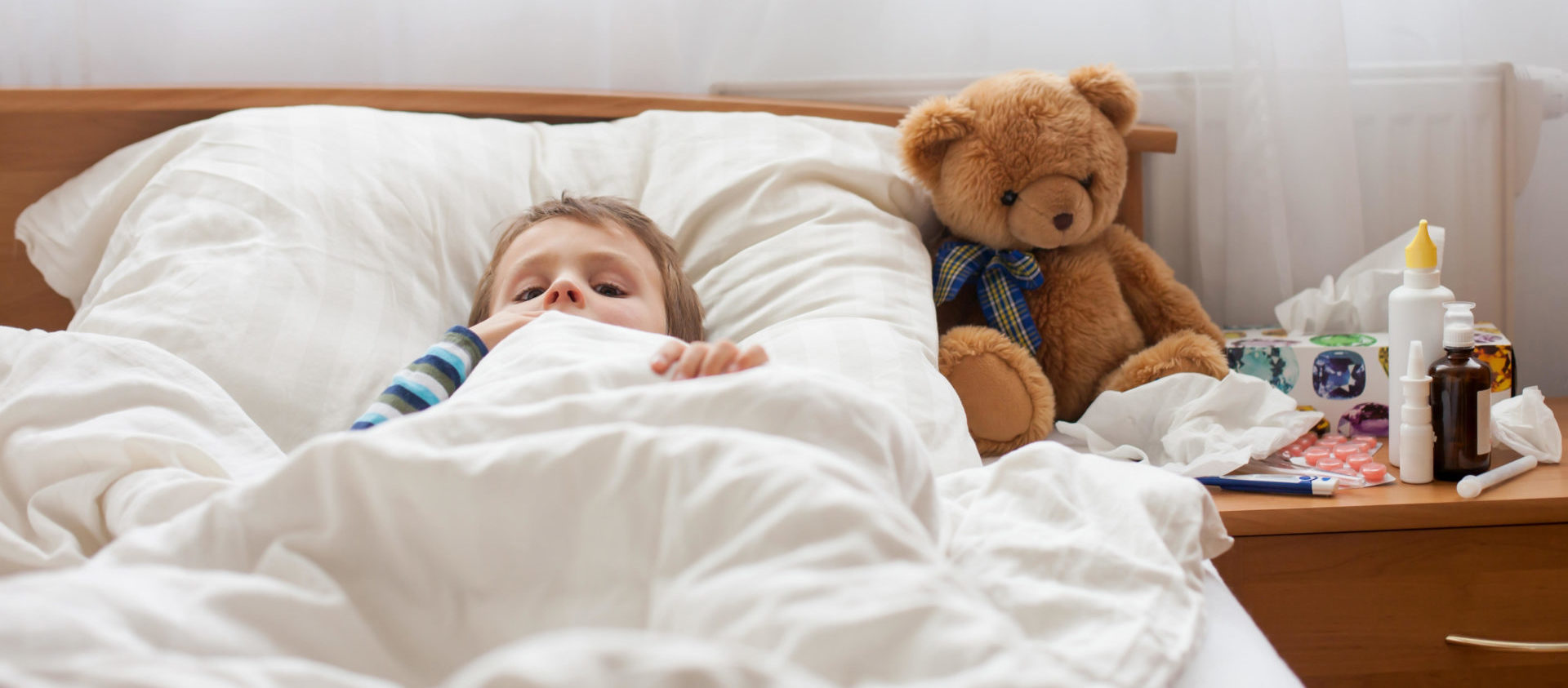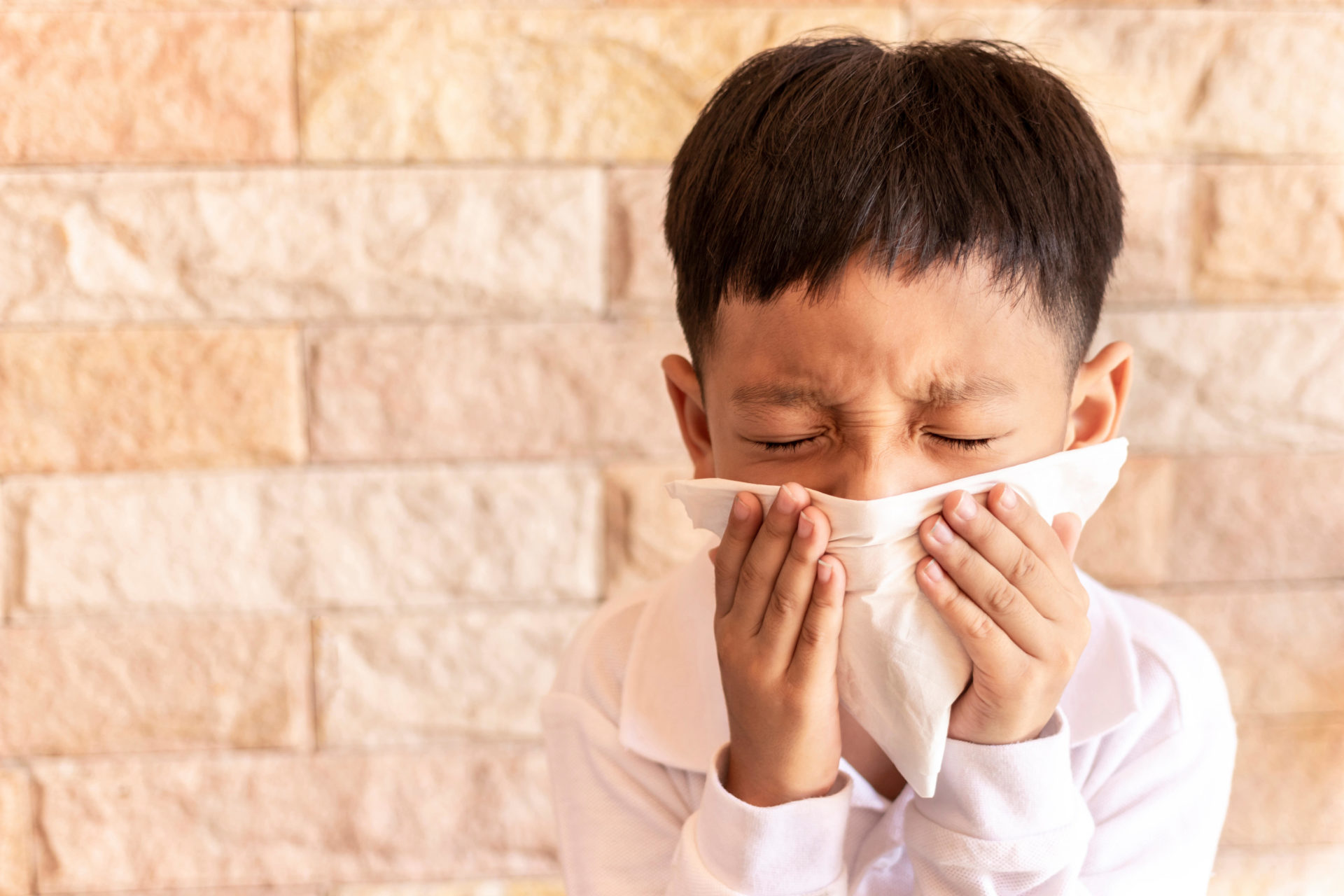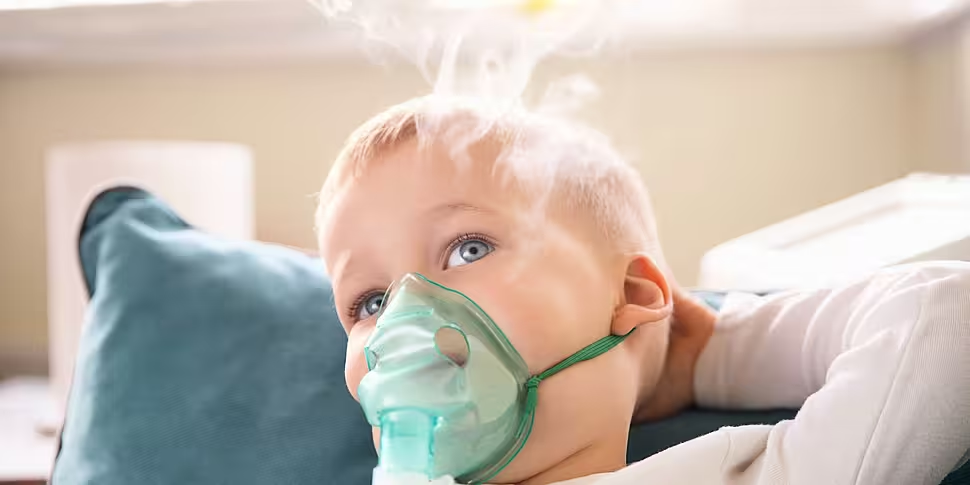Despite the slightly warmer weather and longer periods of sunshine, we are still in the depths of cold and flu season, a medical expert has warned.
Respiratory syncytial virus, better known as RSV, is a virus that causes infections of the respiratory tract.
The virus is so common that most children have been infected with the virus by two years old.
On Lunchtime Live, GP Dr Máire Finn of Ennis Centric Health said we are “still in the RSV and flu season”.
“It happens every year,” she said. “But what's really important is people know about it and are aware of the symptoms and know when to be concerned.”
“Most viruses enter your system through your nose or through your nasal passages.
“So, it starts [with] upper respiratory [symptoms] - sniffles, bit of a cold, bit of a temperature, maybe a sore ear - which are usually pretty mild.
“With a certain number of kids, it actually develops into lower respiratory symptoms and that's when it goes down into the lungs - this kind of wet, barky cough.”
 Sick child lying in bed with a fever. Image: Tatyana Tomsickova / Alamy Stock Photo
Sick child lying in bed with a fever. Image: Tatyana Tomsickova / Alamy Stock PhotoDr Finn said RSV can affect anyone, but it is a particular worry for babies under a year and the more vulnerable babies.
“90% of children get exposed and infected by RSV by the age of two, but thankfully, only a small percentage will end up with lower respiratory symptoms.
“But it is the leading cause of hospitalisation.”
"You're never wasting anybody's time"
Dr Finn said it’s important to note that children recover in different ways from RSV.
“It's important to know that most of them will recover within one to two weeks and that cough will persist for one to two weeks, but some of them become really exhausted,” she said.
“They get really tired, they're fighting an infection, and they get really tired, so they become lethargic, they don't feed well, they get dehydrated as a result.
“Then they have the symptoms associated with a temperature, possibly, and then they have the respiratory symptoms too, where they're breathing quickly, or they're struggling with their breath.
“As a parent or a caregiver, you just need to know the symptoms [and when to] seek help if you're in any way concerned, because you're never wasting anybody's time.”
 A little boy blowing his nose. Image: Wanuttapong suwannasilp / Alamy
A little boy blowing his nose. Image: Wanuttapong suwannasilp / AlamyMost of these viruses are spread by droplets and by hands, Dr Finn said, so it’s important to wash your hands and cough into the crook of your elbow, etc.
“If you have any symptoms yourself, stay away from small children or other vulnerable adults,” she said.
“If you have a small baby, don't be afraid to say, ‘Please don't kiss the baby’ - it's not something that we feel comfortable doing, but it is important this time of year.
“The only way you can prevent it with 100% certainty is just trying to avoid contact - RSV is so contagious.”
The only cure for RSV at home is rest, fluids and making sure to keep your temperature under control but if you’re having more extreme or sinister symptoms, Dr Finn advised seeking professional medical help.
Listen back here:
Little boy using medical nebulizer mask. Image: Alamy









